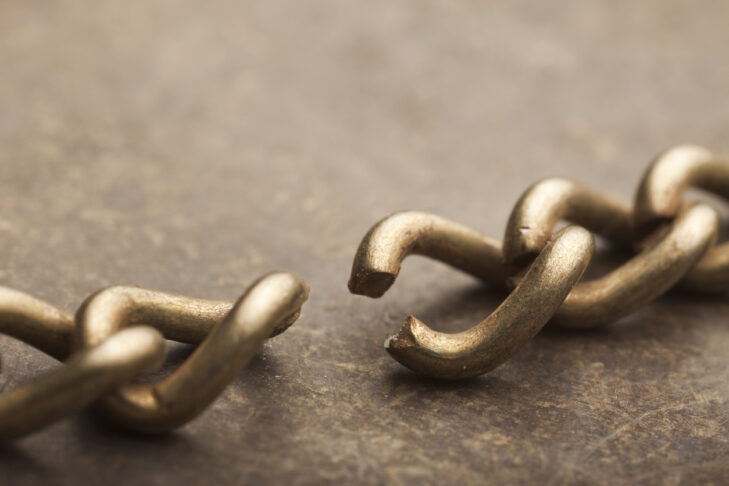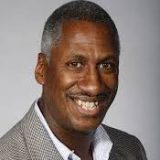Juneteenth is commemorated on the anniversary date of June 19, 1865, even though President Abraham Lincoln’s Emancipation Proclamation had officially outlawed slavery almost two-and-a-half years earlier. Enforcement of the proclamation generally relied on the advance of Union troops. Texas, as the most remote of the slave states, had a low presence of Union troops; thus enforcement there had been slow and inconsistent before Union Army Gen. Gordon Granger’s announcement.
Slavery was still legal and practiced in Delaware and Kentucky until December, when ratification of the 13th Amendment to the Constitution abolished slavery nationwide. Additionally, Indian territories that had sided with the Confederacy were the last to release those enslaved, in 1866. While slaves were “free” on paper, they were not free in practice. There was a two-year process of becoming “free.”
Freedom, civil rights, civil liberties and voting rights would change over time, and not always for the better. (The emergence of Jim Crow laws during reconstruction, for example.) In the last few years, we have experienced a backlash to the end of white (evangelical) Christian America as the demographics of America are changing. If you think of freedom in binary terms, then it’s hard to think in terms like, “We are less free.” I believe my Jewish brothers and sisters feel less free, given the insurrection on Jan. 6 and the record rates of incidents of antisemitism, including violent attacks like the recent one in New York City. Asians also feel less free given the record number of assaults on Asians in America.
While we celebrate Juneteenth, there must be a call or a demand that we become more self-aware. Why did officer Derek Chauvin think it was a good idea to keep his knee on George Floyd’s neck until he killed him? Only he knows. Why did the owner of HatWRKS think it was a good idea to sell yellow Stars of David that said, “Not vaccinated”? Rep. Marjorie Taylor Greene said something similar but changed her mind after visiting the U.S. Holocaust Memorial Museum in Washington, D.C.
I have come to believe that the best way to fight racism and discrimination is to help people become more self-aware. Calling someone racist doesn’t help because the response is always a defensive one, e.g. “I’m married to a Black person, adopted a Black child, support civil rights, attend a Black church,” etc. Even those who owned slaves never saw themselves as racist.
George Whitefield, an important evangelist who drew tens of thousands to his outdoor sermons, was one of the most important people during the Great Awakening. He seemed to care about orphans and African American converts. By all accounts, he was a “godly man.” But he also became one of colonial America’s staunchest advocates for slavery’s expansion. Some have said this blind spot was only visible with 300 years of hindsight.
However, the Religious Society of Friends, known as the Quakers, believed all people were created equal in the eyes of God. If this was the case, then they wondered how one person could own another. By 1761, Quakers had come to view abolition as a Christian duty, and all Quakers, on both sides of the Atlantic, were barred from owning slaves.
I believe history teaches us that we must become increasingly self-aware. I also believe we must understand that freedom is not binary; it is a process. Is one really free if they are afraid to go outside because they fear becoming a victim of a hate crime? While we celebrate our freedom, we must continue to work for our own and others’ freedom. We must work to help those who are free become increasingly free.
This post has been contributed by a third party. The opinions, facts and any media content are presented solely by the author, and JewishBoston assumes no responsibility for them. Want to add your voice to the conversation? Publish your own post here. MORE



